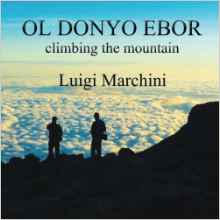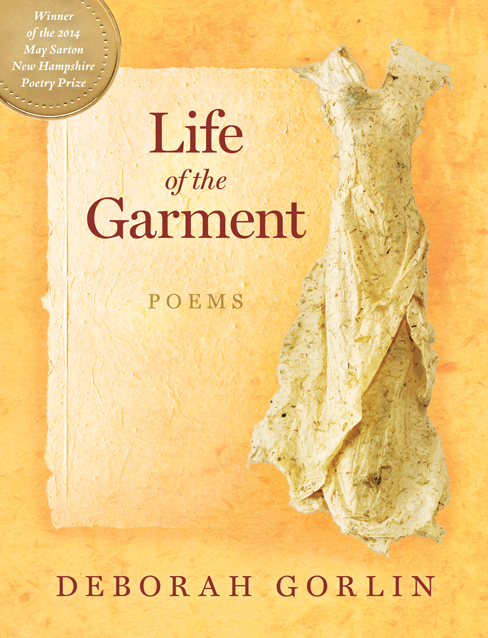Ol Donyo Ebor: Climbing the Mountain by Luigi Marchini
– Reviewed by JPL –
Of all self-published books, Ol Donyo Ebor: Climbing the Mountain is the one to buy, a too-rare opportunity to take in Luigi Marchini’s exact lyricism, serializing his journey to Kilimanjaro. He made this pamphlet to raise money for DEMENTIA UK and, while the photographs support the empathic readers’ engagement, the poems are the main event.
Each title gives the flavor of the journey: Three Peaks, Kilimanjaro International Airport, Moshi, From The Window, Terrain, Chaggaland, Climb, Striving, Summit, Descent. Exact lyricism is matched with a sensitive ear to the cluster of consonants, the duration of a vowel sound:
a perfect cone of ash
[Three Peaks]
We slog up loose scree
[Striving]
Just the ground: a phlegm grunge,
foliage wishing
it were somewhere else[Moshi]
The emphasis on place permits a sense of belonging to this journey, this landscape – no doubt engendered by his empathic response to the porters and guides to whom the book is dedicated and “without whom…(he)…would not have been able to set one foot on Kilimanjaro.” Such is Chaggaland:
For you, the dead come back
in other forms.
Will the girl be an eagle
or a mouse
when her time comes ?
Spot the desolation in Moshi:
A tree stump to the right
is broken.
The sign in front of us,
too distant to readlooks like a tombstone.
Striving contains that sense well known to folks who trek, a sense “empty of joy”, ready for that final heave to the top, when some have lately dropped out and where it’s a grit-the teeth time, a get-it-done determination when oxygen has become ‘less, less, less’ and part of the trek, inevitably is ‘dull, dull, dull’. But when the summit is achieved, what a different tale to tell:
Made it ma. Top of the world.
[Summit]
Some poems, like ‘Descent’, have one-word lines, almost as if the reader in reading is mirroring the movement. As Jo Field writes in her foreword, Luidi had never gone on a picnic before, let alone experienced the privations and day-to-day discomfort of tent living and carrying, insects etc. It’s minimalist, but this closely-observed poetic response to a trek of a lifetime, both in the poetry and the vivid colour photography, takes us to that place. It is a journey worth making.



